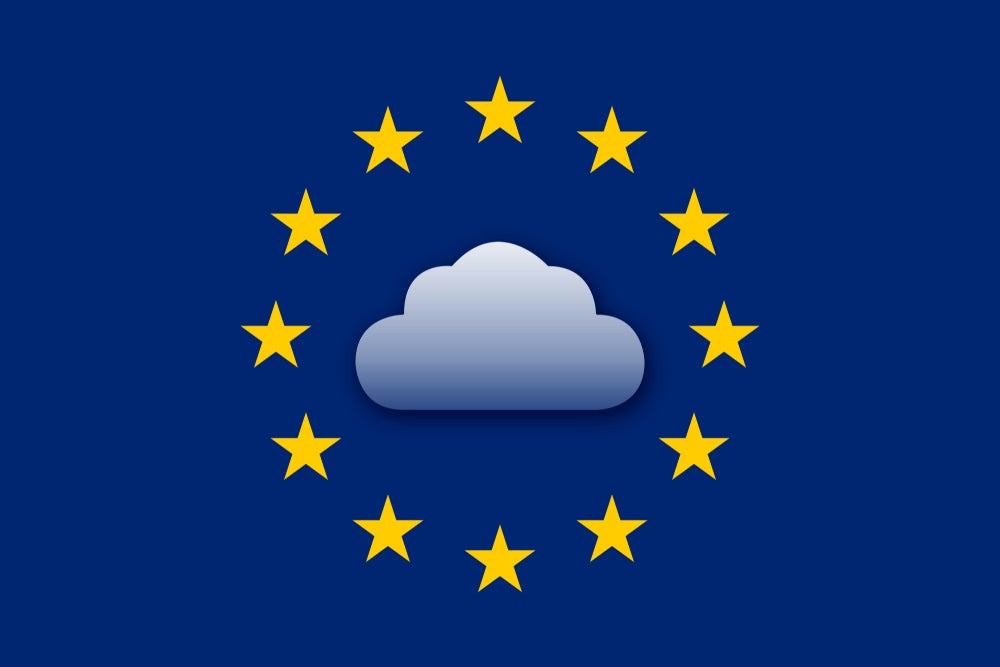Toast has been granted a patent for a computer-implemented method that predicts interchange charges for credit card transactions. The method involves retrieving historical transaction data, transforming bank identification numbers (BINs) into BIN features, and training a random forest model to generate predicted interchange codes. The trained model is then used to predict interchange charges for new transactions. The method also allows for retraining the model with updated interchange codes. GlobalData’s report on Toast gives a 360-degree view of the company including its patenting strategy. Buy the report here.

Access deeper industry intelligence
Experience unmatched clarity with a single platform that combines unique data, AI, and human expertise.
According to GlobalData’s company profile on Toast, Transaction splitting was a key innovation area identified from patents. Toast's grant share as of September 2023 was 71%. Grant share is based on the ratio of number of grants to total number of patents.
Predicting interchange charges for credit card transactions using random forest model
A recently granted patent (Publication Number: US11775969B2) describes a computer-implemented method for predicting interchange charges for credit card transactions. The method involves retrieving a historical set of completed transactions from a database, extracting features and bank identification numbers (BINs) from the transaction data, and transforming the BINs into a set of BIN features based on probabilities determined by analyzing the historical data.
The method further includes creating a training set comprising the features, BIN features, and true interchange codes associated with the historical transactions. A random forest model is then trained using this training set, with rounding applied to the BIN features and non-discrete features. A second training set is generated, consisting of rounded BIN features, rounded features, discrete features, and the true interchange codes. The random forest model is trained again using this second training set to generate a trained model for predicting interchange codes.
When a new transaction is received from a merchant point-of-sale terminal, transaction features are extracted, including the transaction type. Non-discrete values of the transaction features are translated and rounded based on cut points determined during the training of the random forest model. The trained model is then executed using the rounded transaction features as inputs to generate a predicted interchange charge for the transaction. A holdback amount for the transaction is computed based on the predicted interchange charge, and the transaction data and holdback amount are transmitted to a payment processor for settlement.
The patent also describes the ability to periodically update the interchange codes based on updates from issuing banks. Subsequent transactions processed according to the updated interchange codes are used to retrain the random forest model, allowing for the prediction of updated interchange charges and computation of updated holdback amounts.
Overall, this patent presents a computer-implemented method and system for predicting interchange charges for credit card transactions using a random forest model trained on historical transaction data. The method takes into account various transaction features, including BINs, and allows for periodic updates to the model based on changes in interchange codes.
To know more about GlobalData’s detailed insights on Toast, buy the report here.
Data Insights
From

The gold standard of business intelligence.
Blending expert knowledge with cutting-edge technology, GlobalData’s unrivalled proprietary data will enable you to decode what’s happening in your market. You can make better informed decisions and gain a future-proof advantage over your competitors.







